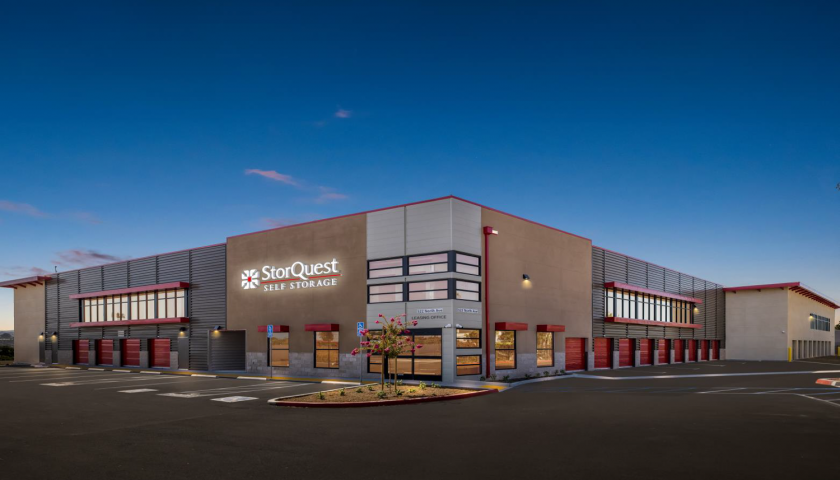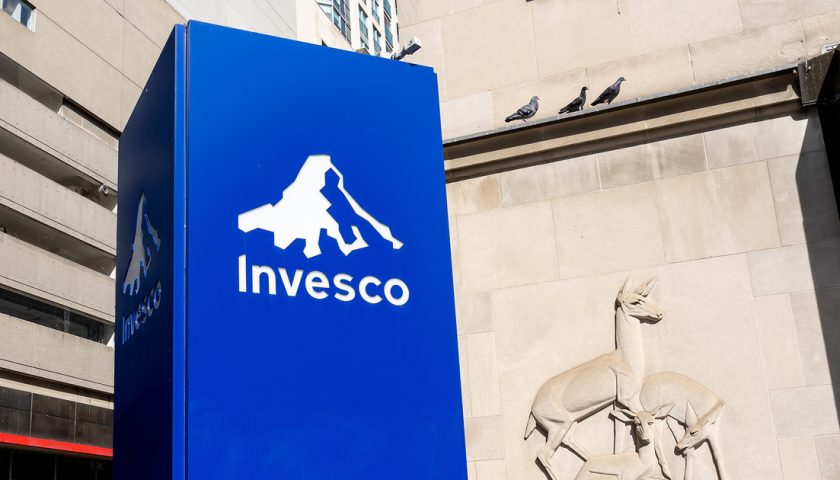SROA Capital is hoping to fill some of the lending void as cautious banks pull back from self-storage and other loan deals across the country.
In early June, SROA Capital, the private-equity owner and operator of nearly 400 self-storage facilities in the U.S., announced it had completed the first closing of its ninth flagship fund, securing $230 million of capital commitments for its target of $750 million for SROA Capital Fund IX.
The West Palm Beach, Florida-based firm also announced that it planned to expand its bridge financing program, with up to 15 percent of the new fund focused on originating senior bridge loans, mezzanine loans and preferred equity investments to self-storage developers and operators.
“Banks aren’t lending,” said Benjamin S. Macfarland III, CEO of the firm.“Most of the lending going on are funds and most of them are debt funds or private equity funds that are doing credit.”
Pointing to recent banking sector turmoil and interest rate volatility, Macfarland said SROA sees an opportunity to become a source of credit for other operators. But MacFarland made clear that his firm intends to stick with its traditional strategy of investing in and acquiring new self-storage facilities, adding to its branded Storage Rentals of America portfolio spread out across the Midwest, Northeast and Southeast regions of the U.S.
Meeting an under met need
SROA has long offered various types of bridge, mezzanine and preferred-equity options to self-storage owners and developers, Macfarland said. But the need for such lending has increased of late.
“Banks are really slow, so that’s where the gap is in the marketplace for smaller deals like the self-storage industry,” he said.
Macfarland didn’t release details about the terms of various deals. But he did say the transactions are usually in the range of $4 million to $7 million in size.
Navigating the ripple effects of finance
Macfarland said his firm remains bullish on the self-storage sector in general, noting the industry is performing relatively well today and expected to do so for the remainder of 2023.
But the finance market in general could get “interesting” in 2024 and 2025, as many U.S. commercial loans in general come due at a time when many CRE valuations are plunging, he said.
Earlier this spring, Morgan Stanley estimated $1.5 trillion in commercial real estate debt will come due before the end of 2025 – and many wonder whether weakened banks can or will extend loans to borrowers.
Self-storage is a “pretty conservative” sector and “not a highly leveraged industry as a whole,” Macfarland stressed. But the coming debt storm in other CRE categories could negatively impact the entire banking industry and economy.
Self-storage remains resilient
Such impacts could cause trouble for some storage operators. But the self-storage industry, known for its resiliency during difficult economic times, should benefit from market turmoil, in terms of higher demand and prices for its storage units, Macfarland said.
“It’s all tied to the debt that’s coming due,” Macfarland said. “You’re going to see people get forced to make [real estate] decisions, whether they’re moving or selling or buying or whatever their issue is, and they’re going to need self-storage to move around.”
He added: “Anytime there’s velocity in the marketplace, it creates movement, and then self-storage does better.”
As for SROA Capital’s fundraising for its ninth fund, the firm expects to host two more closes this calendar year and anticipates a final close to take place next year, according to a press release.
The firm said that 75 percent of the SROA Capital Fund IX’s recent capital commitments came from “re-up investors including insurance companies, foundations, health systems and single/multi-family offices.”





